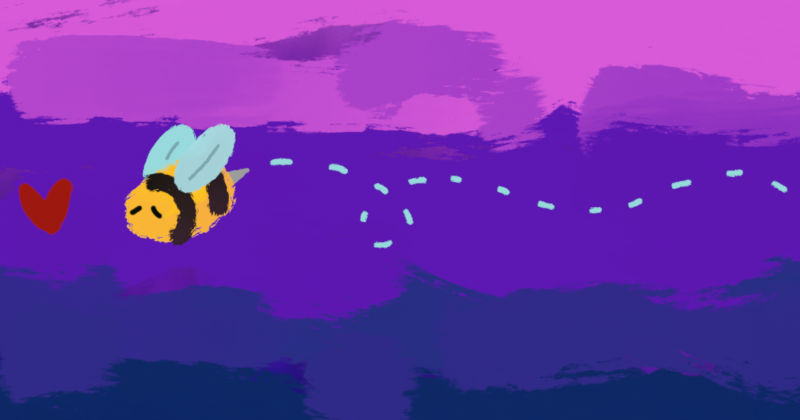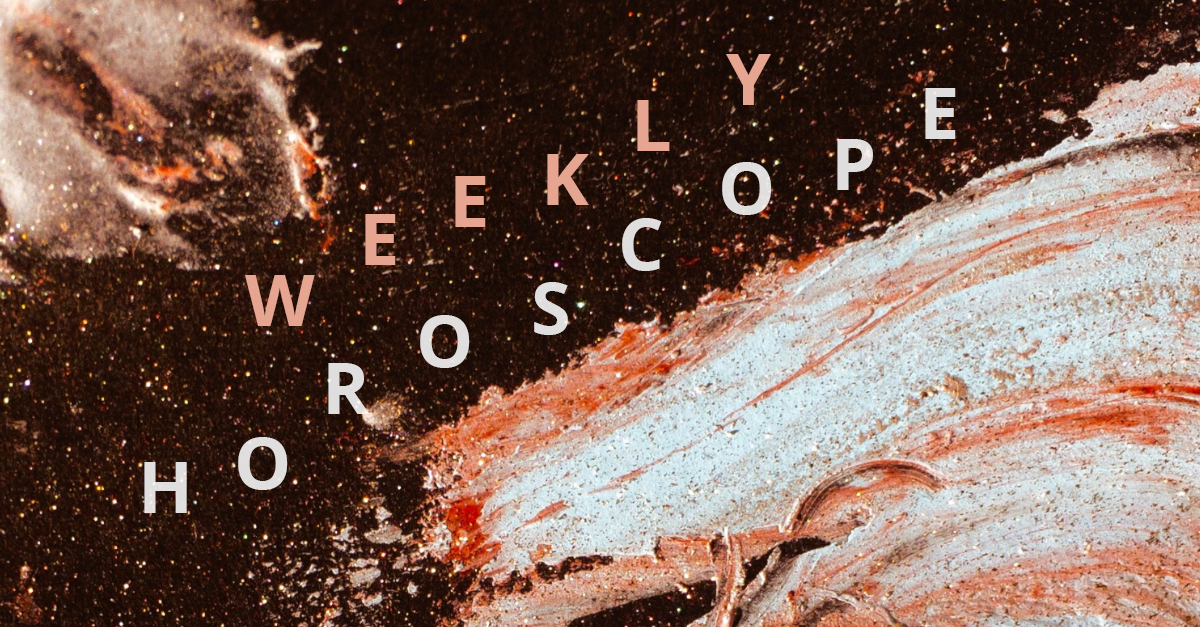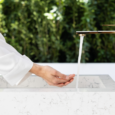The author has requested to remain anonymous.
2006
I was in sixth grade when I first felt a spark in my chest for a classmate in my all-girls school. It was raining hard and we both didn’t have umbrellas with us, so we decided to just run and dance and allow the storm to wash away the burdens we carried then in our hearts. I distinctly remember her holding my hand tightly, laughing and singing as though she hadn’t just been crying earlier that day, and I laughed and sang along with her and thinking, “Please let this moment last.”
During a silent ride home, soaked to the bone, I wrestled with the shame and guilt from being smitten with a person of the same sex during a time when girls my age were ridiculed for it every day — “unnatural” and “disgusting,” they used to say.
And so I harbored it in my heart like a forbidden secret. I didn’t pine for her; only admired her from a close distance — consoled by the knowledge that I can always offer my shoulder for her to cry on and my hand for her to hold when her pains became too much to bear, convinced that it was enough, that it was just a fleeting crush that would fizzle out as quickly as it came.
And it did. We stopped being friends a year after that and, eventually, our ties severed completely as she migrated to a different country. I moved onward, forgetting what I had felt for her, but never the memory of us sharing that blissful moment underneath the deluge.
2011
I was 17 when I realized that maybe it wasn’t “a phase” after all.
She was from my journalism club, was funny, talented, and smart, and we shared the same music taste. It didn’t take long for us to develop a close friendship throughout our years in High School. It had hit me out of nowhere — like a tidal wave crashing over me — and I allowed myself to fall at her feet, overcome with a foreign yet somehow familiar feeling of shame and guilt and fierce love that kept me awake night after night.
I wrote a poem for her one day. In it, I bared my soul, not with the hope that she would like me back (she didn’t), but with every intention to prove to her that, despite what she believes, there is someone who sees the beauty in her.
It was the first time I felt my brittle heart break from a predictable rejection and I relished the stinging ache and crippling loneliness that followed — happy just knowing that I could be capable of such tender affection, even if I was bred to believe that it was “wrong.”
2014
My first relationship when I entered college had been with a girl. We lasted for nearly three years. Being with her, I learned many things — particularly, how cruel and unforgiving the world could be to people like us. I loved her fiercely, proudly, and relentlessly until our individual differences got the better of us. We had both been young and foolish, but what we shared was pure and real.
But when I let her go and started involving myself with brief romances with men, I was ill-prepared for the pain and prejudice that came my way.
“So you’re done experimenting?”
“Oh yeah, you had that ‘phase.'”
“You’re straight, right? You always have been.”
I heard it all and I bit my tongue, afraid to defend myself, afraid to be told that all I knew about myself had all been a lie, afraid to realize that, maybe, they’re right. Because after I lost my first love, I never felt the same way with any other girl since, falling for boys and their false praises. I would spend days questioning myself and dealing with the invalidation I constantly received, especially from fellow members of the LGBTQ+ community who ironically refused to acknowledge my sexual identity.
How unfortunate is it that the very people who advocated for equality were also the ones who shunned my very existence? I was rendered silent, hounded by the doubt and embarrassment of not being straight enough to be accepted, but not queer enough to be seen.
2020
There is a YouTube series I started watching this year during quarantine which followed a character working through different issues in his life, from real-life situations to mental health struggles. In one episode, he spoke a line that I won’t ever forget:
“It’s not that I haven’t changed, but when you reduce a piece of my history to just a “phase”, you ignore everything that I went through. Who I was [back then] is no less real than who I am now.”
No truer words have resonated so well within me about how I felt — how I’m currently feeling — about being a bisexual woman. When every day is a constant battle to be seen and heard, I owe it to myself to love and accept who I am when no one will — to brandish my sexual identity with pride as I should have from the very beginning.
The fact of the matter is my reality is valid. Who I was, loving girls in secret, is no less real than who I am now, happily swathed in the sweet and gentle warmth of my future husband’s embrace. My current relationship status doesn’t define who I am and it doesn’t make me any “less” part of the LGBTQ+ spectrum.
I came out (again) last June for Pride Month just to officially strip myself of the anxiety and shame that have unfairly suppressed this part of me for nearly half of my life. Though my heart still stings from words that continue to haunt me in the back of my mind, I now eagerly stretch out these roots onward with fervent release from the cold earth’s tight grip that has held me back from embarking on this path to healing.
I am who I am, and I love who I love.
Bisexuality is not a phase. Bisexuality is not a choice. I’m valid. I’m visible. I am allowed to take up space. Nothing and no one can ever take that away from me.
(ALSO READ: Why I will never marry my first love)
Do you have a story for the WhenInManila.com Team? Email us at story.wheninmanila@gmail.com or send us a direct message at WhenInManila.com Facebook Page. We also share our stories on Viber, join us!





